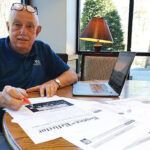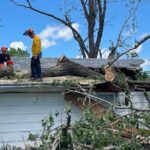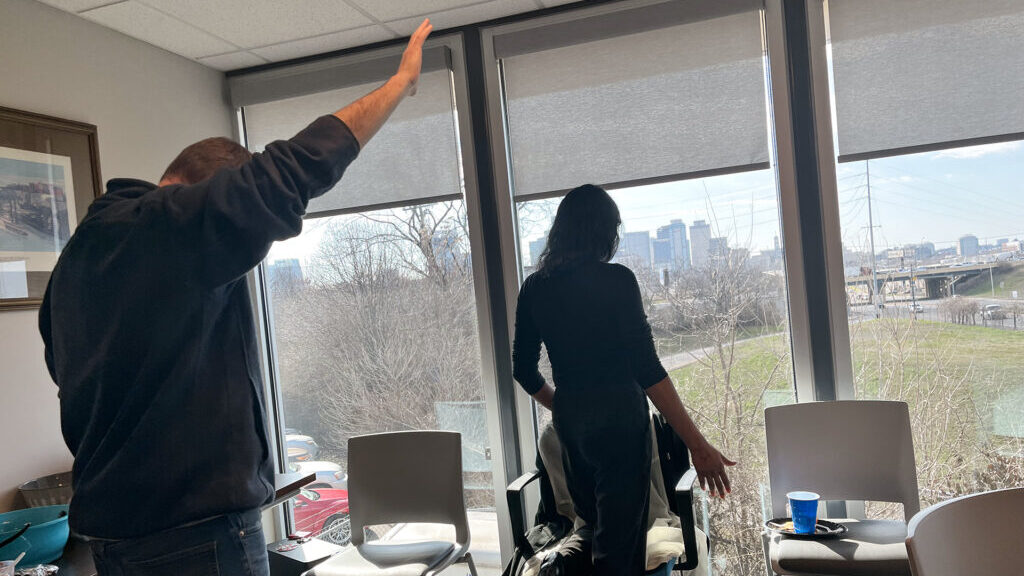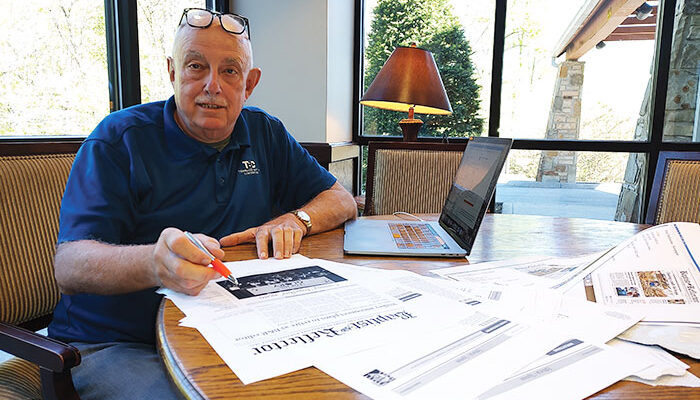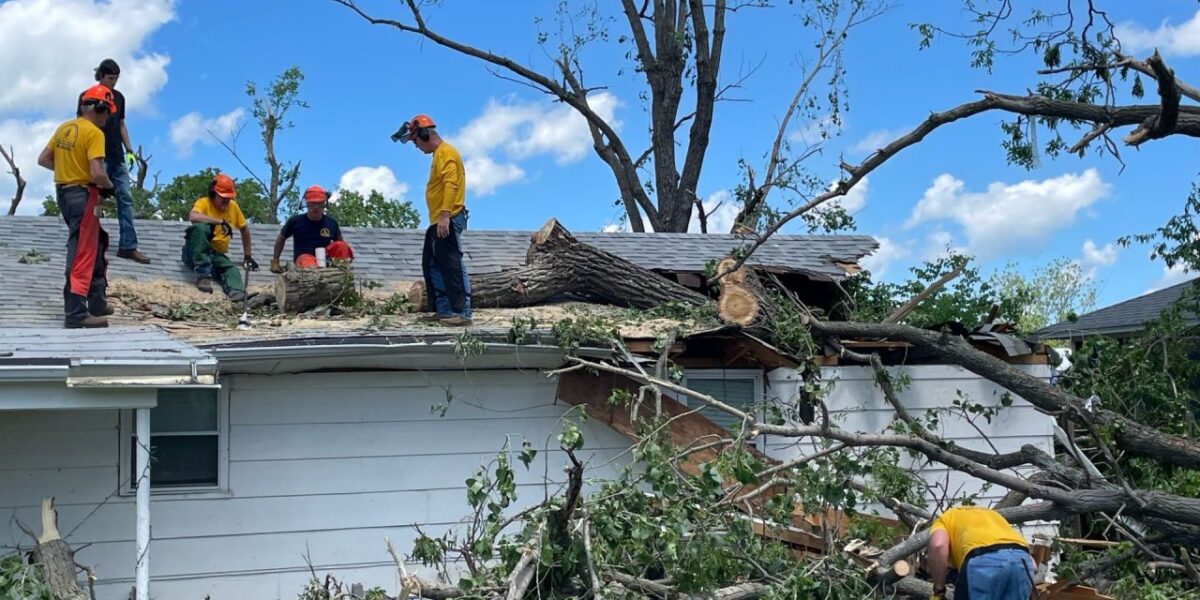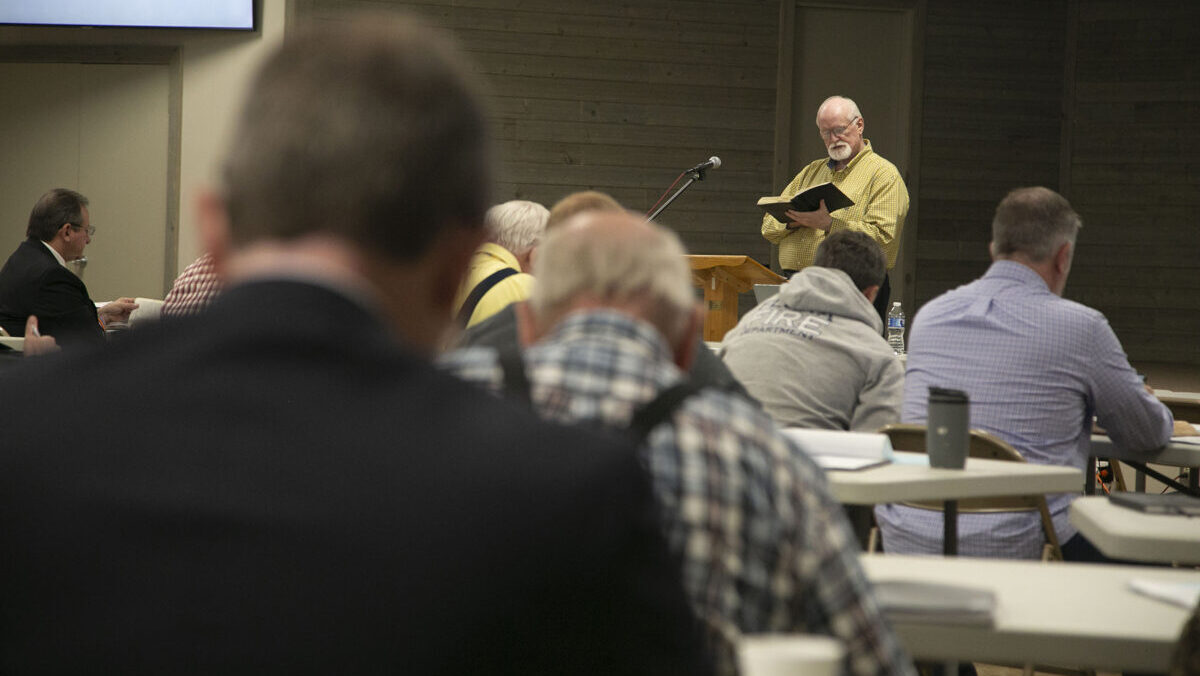Plant for the Gospel is a Utah-based missions non-profit started by three pastors and an evangelist who felt called to plant a church together in Salt Lake City, and who needed an organization to receive financial support. They all wanted to be part of a multiplying church movement in Utah.
“There are fewer Christians in Utah than any country in the western hemisphere,” according to Plant4thegospel.com. “The next closest would be Cuba at 6%.” Just 2.2% of Utah’s 3.3 million population claim to be evangelical Christian.
The dream
“I grew up in Idaho,” Will Galkin told The Baptist Paper. He was an itinerant evangelist for 25 years, including five after he bought a home in Utah. “I knew the need for Salt Lake. When the four of us wanted to plant a church here it all came together.”
Plant for the Gospel’s first congregation, started in late 2011, was Gospel Grace Church. Today it is housed in a building near downtown Salt Lake City across the street from Liberty Park, the city’s oldest, which has become known for homeless encampments.
Lukus Counterman was one of the four original pastors. Formerly of Wichita Falls, Texas, he became lead pastor for Gospel Grace — with the others and their families supporting the work by talking with people about the new church, building relationships and amassing a core group.
Today, some 650 attend Sunday morning worship at Gospel Grace.
Gospel Grace members helped revitalize Trinity Baptist Church in southwest Salt Lake City in 2018 (the name now is Gospel Hope Church). And in 2021, Gospel Grace planted Gospel Peace Church in Logan, Utah, where Paul Campbell is lead pastor. He completed Gospel Grace’s residency for men sensing a call from God to be a church planter, and also has completed the North American Mission Board assessment process and is a NAMB church planter.
In 2021, 42 adults moved to Logan from out of state to participate in planting the church, and today some 150 attend Sunday worship at a community center.
Gospel Peace Church was planted in Logan, 80 miles north of Salt Lake City, “because it is a small town with a major university,” Campbell told The Baptist Paper, referring to the main campus of Utah State University.
“It was strategic and attainable. Strategic because a university impacts the culture locally and in time, internationally. Attainable because less than 1% of the population in Cache Valley attends an evangelical church.”
‘Secret sauce’
The “secret sauce” to the strength of Grace, Hope and Peace churches is “Plant Camp,” leaders say.
Four weeks each summer at least 100 teens and adults who pay for their own food and lodging partner for a week with Gospel Grace, Hope and Peace churches.
Campbell was a youth pastor in Virginia who brought 15 teens and five adults to Plant Camp in 2019, and from that he began to sense God’s call to be a church planter with Plant for the Gospel.
“Plant Camp has become a significant ministry for many churches in northern Utah,” Campbell noted. “We did flyer distribution for Hope and Grace [churches]; did car washes, evangelism at Liberty Park. They call it ‘church planting immersion.’”
The need for a Christian witness in Salt Lake City and the need for those who wanted to minister for a week converged into Plant Camp, Will Galkin explained.
“There were people who wanted to come and we wanted to give them a premiere experience,” he said. “Downtown Salt Lake City is headquarters for a worldwide religion, and yet [the city is] the seventh-highest in the nation for the LGBTQ community, according to a New York Times Aug. 13, 2023, article, so we have tremendous opportunities to share Jesus with the irreligious and religious alike.”
Utah statistics illustrate the need: 69% Mormon; highest per capita percentage of pornography subscriptions, cosmetic surgeries, clinical depression, antidepressant prescriptions; the lowest median age — 29.2 years — of any state. In addition, 100,000 Utah residents live in towns where there is no Christian church.
“We provide training and preaching” for each Plant Camp, Campbell noted. “The goal is for the teens to inform, serve and proclaim the gospel. The first summer we put door hangers on almost every home in the [Cache] Valley,” which has a population of about 150,000. “This year we did two soccer camps in Logan,” along with other outreach efforts.
Plant Camps assists churches that are part of Plant for the Gospel as well as sister churches from Logan to Spanish Fork, towns 80 miles north and 60 miles south of the capital, along the west side of a string of the stunning mountain vistas known as the “Wasatch Front.”
In addition, NAMB provides GenSend college students to work with Plant for the Gospel’s church plants. They serve for eight weeks, with lodging and meals provided.
Joining Southern Baptists
Gospel Grace Church started as an independent congregation that adhered to Baptist theology, but then leaders met NAMB’s Salt Lake City’s Send City Missionary Bobby Wood.
“We found connection through GenSenders,” Counterman told The Baptist Paper, referring to Wood’s supervision of GenSend college students doing much the same type of awareness- and relationship-building activities in Metro Salt Lake City. “There was a lot of like-mindedness in church planting and in education.”
In 2020 Gospel Grace joined the Utah-Idaho Southern Baptist Convention. When Gospel Peace started in 2021, it too became part of UISBC.
Counterman and two other area Southern Baptist leaders — Matthew Emadi and Jared Jenkins — in 2021 started and teach at the Salt Lake School of Theology, a campus of Gateway Seminary.
“Team planting has always been the healthiest way to plant churches,” Wood told The Baptist Paper. “The New Testament model shows that the Apostle Paul and others often used many different people in their approach to plant churches. Gospel Peace is using a similar model to the New Testament.
“Team planting helps provide complementary gifts that are needed during the planting process,” he added. “Additionally, team planting allows for more community and less loneliness … during the early days of the church plant.”



